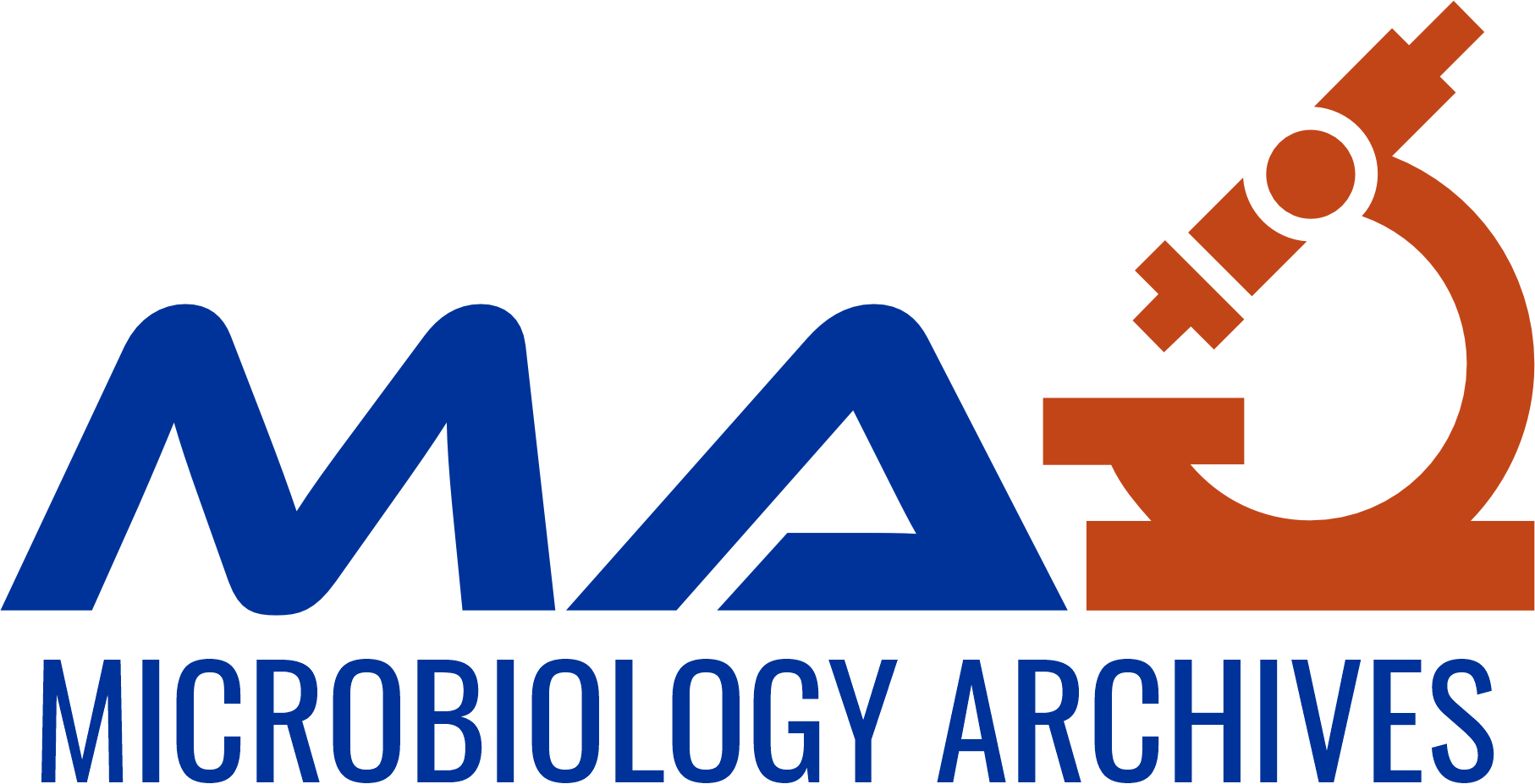Licensing, Copyright, and Author Self-Archiving Policies
Licensing Policy
Microbiology Archives operates under a clear licensing framework that governs the use and distribution of published content. The journal typically employs the Creative Commons (CC) licensing system, which allows authors to retain their copyright while granting users certain rights to access and use their work. The most common license used is the Creative Commons Attribution (CC BY) license, which permits others to copy, distribute, remix, adapt, and build upon the work, even for commercial purposes, as long as the original work is properly cited.
Copyright Transfer
Upon submission of their manuscript, authors are generally required to transfer copyright of their work to Microbiology Archives upon acceptance for publication. This transfer ensures that the journal has the legal right to publish and disseminate the work widely. Authors will need to complete a copyright transfer agreement, which outlines the terms of the transfer and the rights retained by the authors. This agreement may also specify the conditions under which the work can be reused, particularly in terms of derivative works or adaptations.
Author Rights
While copyright is transferred to the journal, authors retain significant rights regarding the use of their own work. These rights typically include the ability to:
Use their work in future publications or presentations.
Share their work in academic and educational settings.
Archive their work in institutional repositories or personal websites.
The journal encourages authors to maintain the rights necessary for their academic and research activities while ensuring the published work is accessible to a broader audience.
Author Self-Archiving Policy
Microbiology Archives supports the self-archiving of authors’ manuscripts in accordance with its self-archiving policy. Authors may self-archive their work in several ways:
- Preprint Version: Authors are permitted to upload and share a preprint version of their manuscript on personal websites, institutional repositories, or preprint servers prior to submission to Microbiology Archives. This version should not include any content that has been accepted for publication in the journal.
- Accepted Manuscript Version: After a manuscript is accepted for publication, authors can self-archive the accepted version (post-peer review) in institutional repositories or personal websites. This version may include the peer-reviewed content but should be clearly labeled as an accepted manuscript rather than the final published version.
- Post-Publication Self-Archiving: Once the article is published, authors are encouraged to share links to the final published version on their personal or institutional websites. However, they should ensure that proper citation and acknowledgment of the journal is included.
Compliance with Policies
Authors are responsible for complying with the licensing and self-archiving policies of Microbiology Archives. The journal regularly reviews these policies to align with evolving best practices in scholarly publishing and open access. Authors are encouraged to check the journal’s website for the most current licensing agreements and self-archiving guidelines, the licensing, copyright, and author self-archiving policies of Microbiology Archives provide a comprehensive framework that protects both the authors’ rights and the journal’s ability to disseminate research widely. By facilitating open access and enabling self-archiving, the journal aims to promote the visibility and impact of published research while fostering a culture of collaboration and knowledge sharing within the scientific community. This approach enhances the accessibility of valuable microbiological research, ensuring it reaches a diverse audience and contributes to advancements in the field.
Author Self-Archiving
Microbiology Archives, an International Journal is a RoMEO green journal. The Journal allows the authors to self-archive pre-print, post-print, and publishers’ versions of the article in any OAI-compliant repository.
By adhering to these policies, Microbiology Archives, an International Journal ensures a balance between open access to research and the rights of authors while promoting the widest dissemination of scholarly work.
Join us in our efforts to shape a sustainable future through research and innovation.








